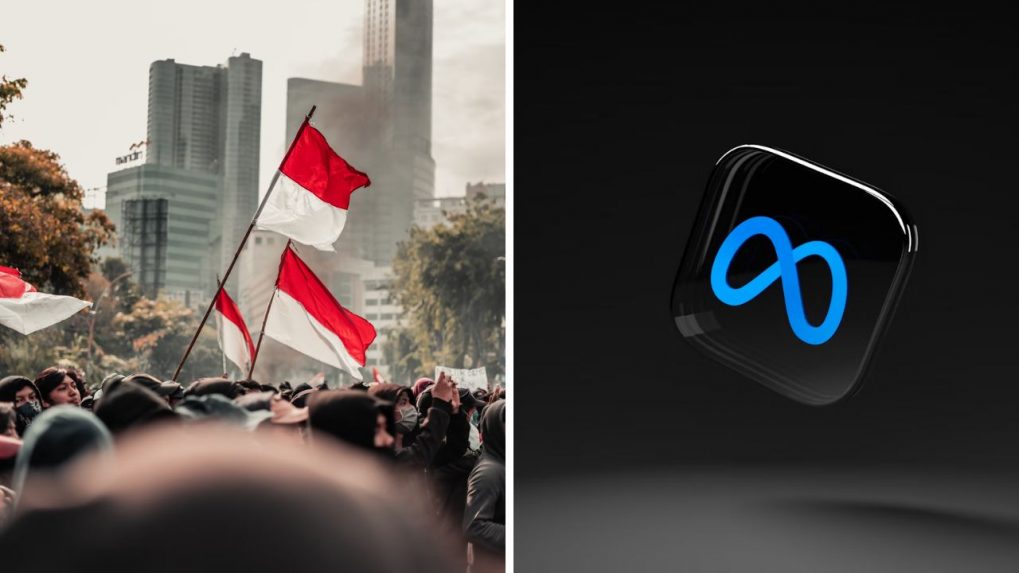Indonesia revenue-sharing law and Big Tech: Meta refuses to pay for news content shared on its platforms
President of Indonesia, Joko Widodo signed a decree requiring digital platforms to pay media outlets that provide them with content.
ADVERTISEMENT
Facebook-owner Meta said it believes that a new Indonesian law does not require it to pay news publishers for the content they voluntarily post to its platforms, including Facebook, Instagram and WhatsApp. Meta asserts that the news content shared on its platforms originates from the publishers themselves and are not by Meta for commercial purposes.
Read More: Indonesia govt issues regulations requiring Meta and Alphabet to pay news media for content
On Monday, the president of Indonesia, President Joko Widodo signed into law a requirement that digital platforms pay media outlets that provide them with content. It is due to take effect in six months. The decree’s main aim is to ensure quality journalism and sustainability of mainstream media.
"Following multiple rounds of consultations with the government, we understand Meta will not be required to pay for news content that publishers voluntarily post to our platforms," said Rafael Frankel, Meta's director of public policy for Southeast Asia.
Read More: Solving the big tech revenue share issue will be PM’s priority in third term: Rajeev Chandrasekhar
Governments, industry bodies and news media organisations around the world have dialed up the pressure on Big Tech to fix the imbalance between digital platforms and publishers of news and other content. They are locked in a battle for rights, remuneration and rebalance. Australia's News Media Bargaining Code that took effect in March 2021 has become a benchmark for the industry as it led the way to fair remuneration practices, prompting Meta and Google to sign deals with media outlets that compensate them for content that generates clicks and advertising money.

